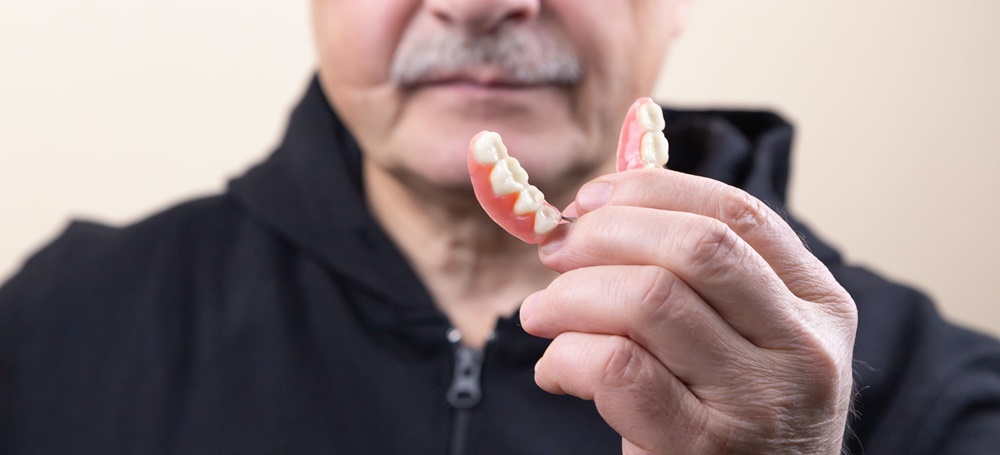Why should you clean your dentures?
Despite the continuing advances in dental science, the correlation between the aging process and the loss of teeth remains very real. This is despite improvements in technology and a greater knowledge base at the disposal of dentists, as well as an increasing number of useful dental products for use by the public.
What the greater knowledge and advancements in technology have given us, however, is a number of solutions to the problems associated with losing teeth, two of which are dental implants and dentures. Both are designed to help improve the quality of life of those unfortunate enough to suffer from tooth decay.
Common teeth issues
Some people suffer the further indignity of continuing oral health issues, simply because they do not realize the absolute importance of denture care. This occurs for much the same reason that it would be the teeth real. It is a problem known to dentists as ‘edentulism’ or ‘missing teeth’, which is a particular problem among the elderly.
Polident, a company largely responsible for the manufacture of denture adhesives as well as many other related products, has attempted to address this issue. They have launched an online knowledge base that aims to educate people on how to care properly for their dentures in order to help improve and/or maintain their oral health.
Cleaning dentures
Dentures need to be cleaned in much the same way that natural teeth should also be cleaned because neglecting to do so will lead to plaque and tartar build-up. This in turn could lead to stains, bad breath, gum disease, and could even cause any remaining natural teeth to decay.
A report by the Canadian Community Health Survey has illustrated the scale of the problem, with 6% of 34.88 million Canadians between the ages of 20 and 79 have lost all of their natural teeth, and 22% of those aged between 60 and 79 have lost teeth.
The data compiled illustrates a strong correlation between the lack of denture care and edentulism. The case of 80-year-old Glenn Dougherty, which came to light in 2011, is further evidence of the need for those with dentures to receive the proper information on how to do so.
Indeed, Mr Dougherty said that he suffered for years with ill-fitting dentures and was barely able to eat solid foods as a result. This was until a Christian benevolent organization donated the $12,000 he needed to receive new dentures. Yet all of this could have been avoided if only he had been given access to the right information.




























